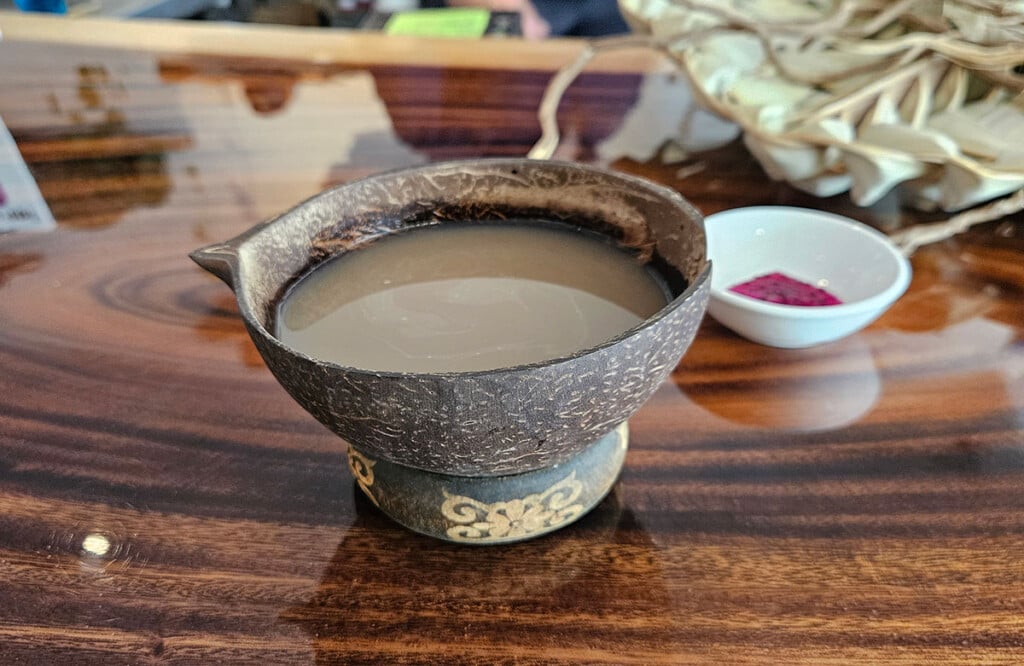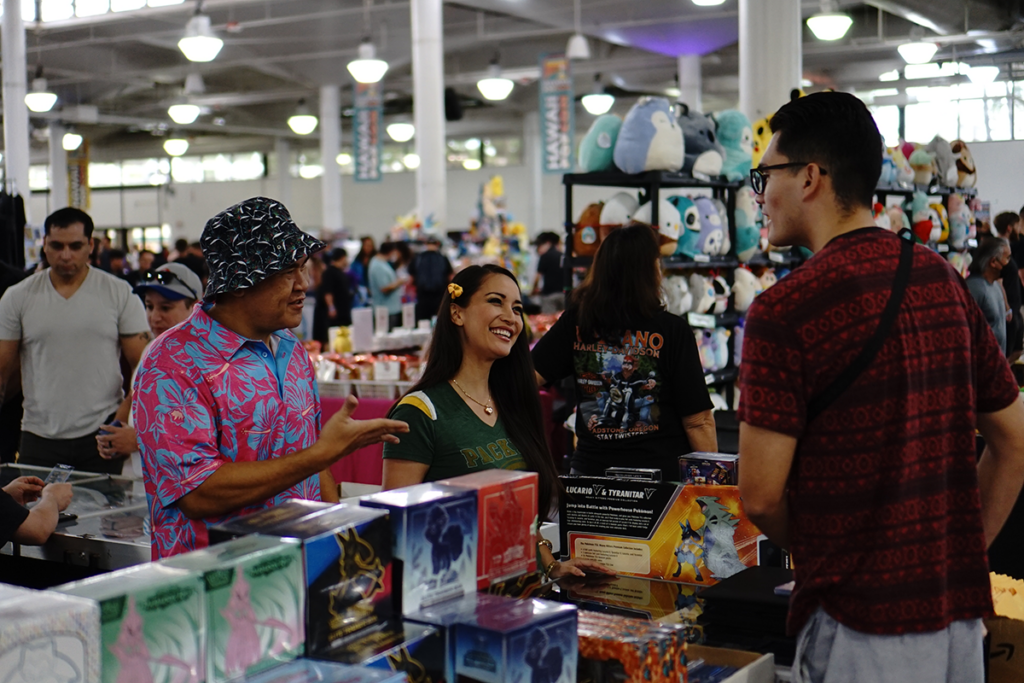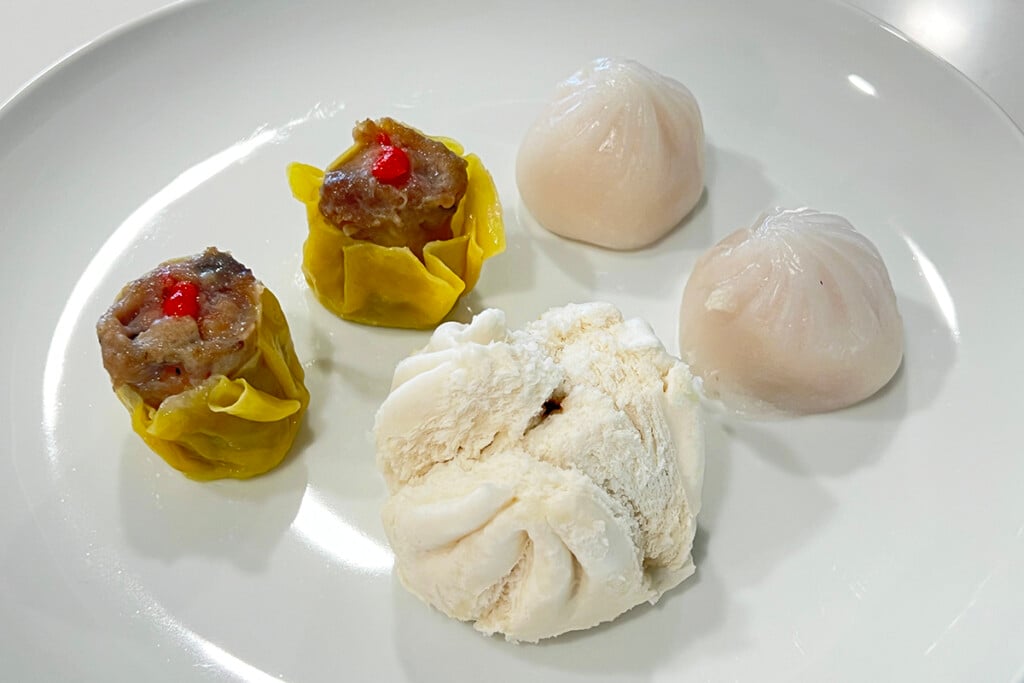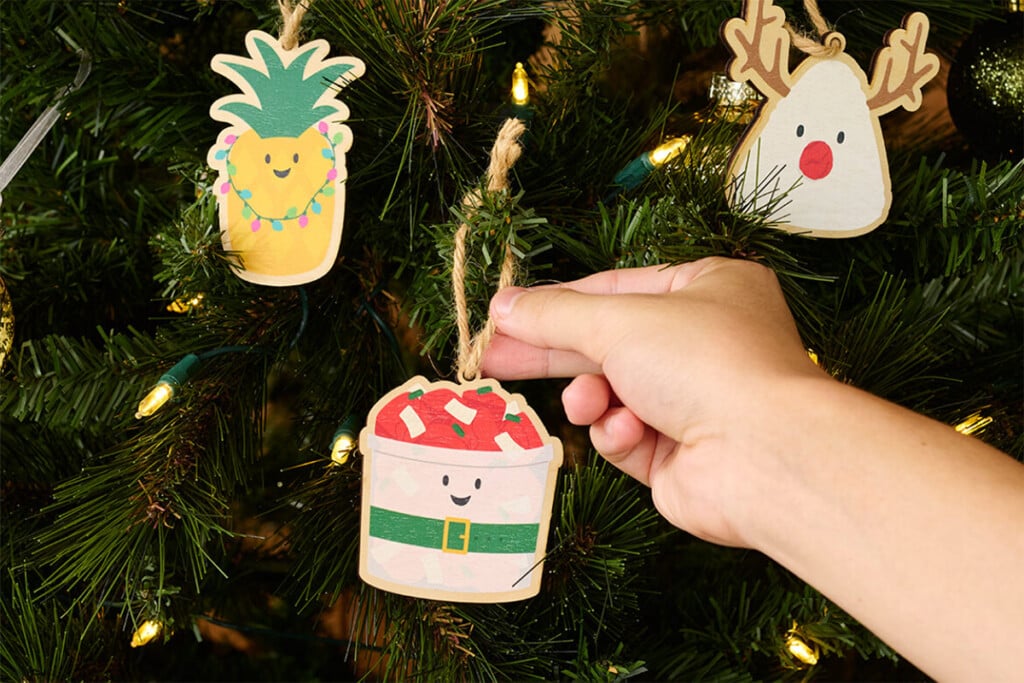The problem with Paper.li lists
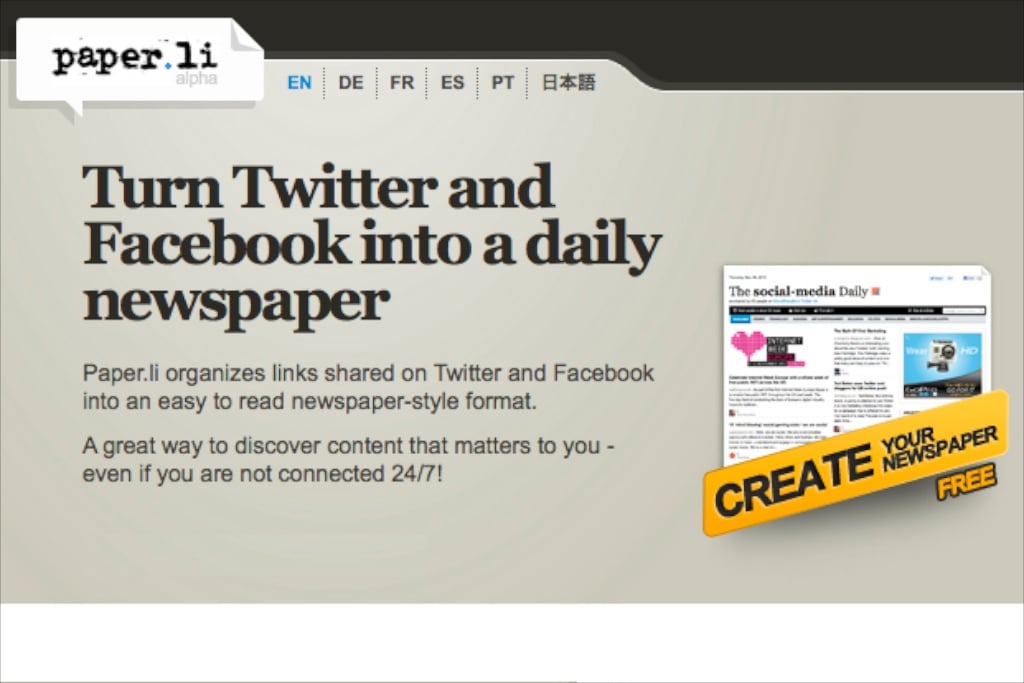
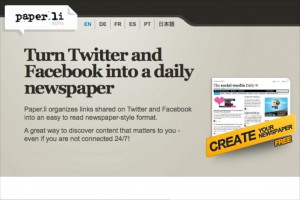 Paper.li has been growing in popularity as a way for people to share interesting links in a published, newspaper-like format. At first glance, the service looks great on Twitter. A link to an individual’s “newspaper” is tweeted out along with a list of people whose content is featured.
Paper.li has been growing in popularity as a way for people to share interesting links in a published, newspaper-like format. At first glance, the service looks great on Twitter. A link to an individual’s “newspaper” is tweeted out along with a list of people whose content is featured.
Initially, I was surprised at how many Paper.li tweets I would show up in. Wow, people are really paying attention to me! However, as I started to check the links, I discovered that more than a few didn’t lead to content I had written or shared on Twitter. The app that caused me to be featured in many people’s Paper.li tweets was Get Glue.
When people ask me about Get Glue, the best way I can describe it is that it’s like Foursquare for people who don’t go anywhere. Instead of checking into places you visit, you check in activities you’re doing like listening to music, reading a book, playing a video game, watching a television show and most recently, doing sports. There’s even a section where you can check into topics you’re thinking of. My personal favorite is the “earworm” topic, where you check in and say what song you have stuck in your head.
 So what does Get Glue have to do with getting listed in someone’s paper.li? It’s the way that paper.li aggregates links. Currently, there are three ways to set up a Paper.li account. You can set it to aggregate all links shared on Facebook or Twitter by you and everyone you follow, by a hashtag or from the members in a Twitter list.
So what does Get Glue have to do with getting listed in someone’s paper.li? It’s the way that paper.li aggregates links. Currently, there are three ways to set up a Paper.li account. You can set it to aggregate all links shared on Facebook or Twitter by you and everyone you follow, by a hashtag or from the members in a Twitter list.
The Paper.li system does not distinguish between links to blogs or news articles and links to check in services like Get Glue, Gowalla or Miso. If someone lists you in their Paper.li, the automated system will pull in any link you shared no matter how mundane it may be.
For me, every time I checked into a television show or movie on Get Glue, a link was tweeted out from my account that led to the show page and description. As such, when people’s Paper.li newspapers are published, they contain the show title and description of what I was watching in the entertainment section. Although it’s good people follow you and find your Twitter stream interesting enough to include you in their Paper.li lists, they may or may not be paying attention to the content you’re sharing.
The problem is not with users, but with the service. Chances are, you’ve shared links users have found interesting, and got listed. However, the criteria that the site uses to construct the newspaper is too general. Although the Paper.li concept is great in theory, the service needs to be tweeked to differentiate between fluff links and true content.


